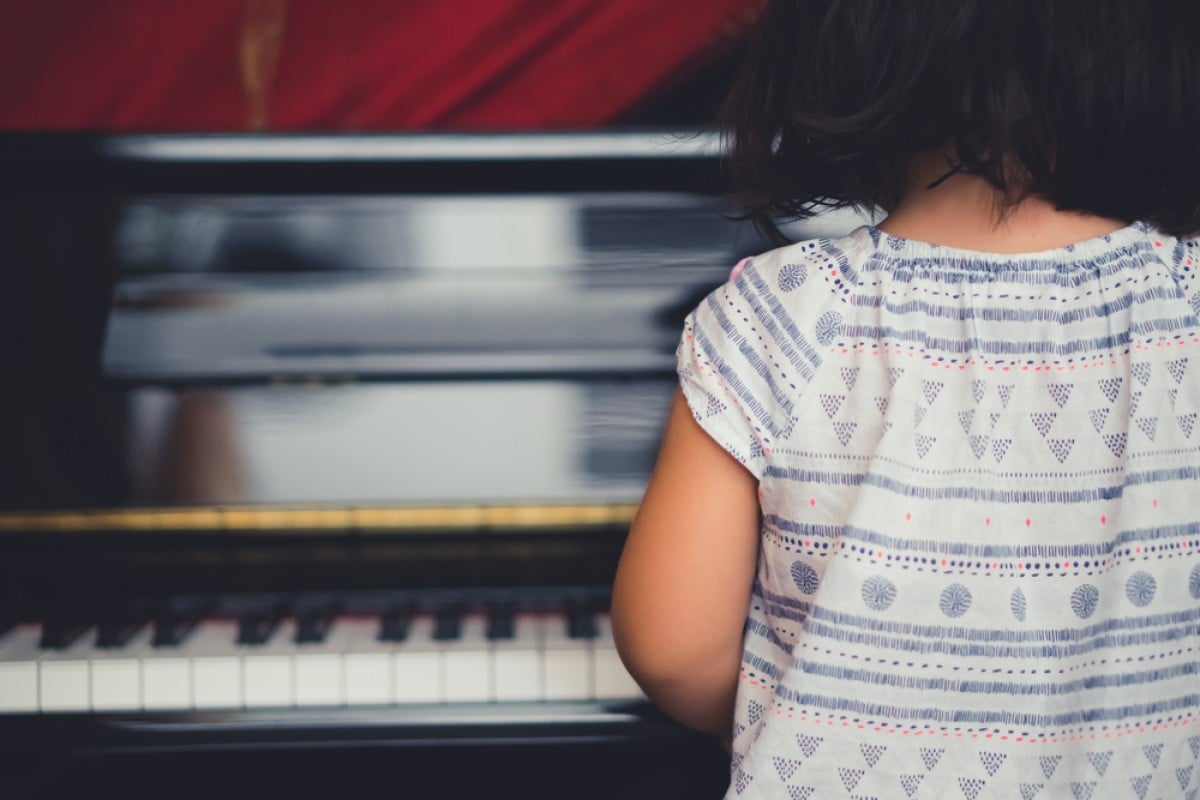
Face Off: should primary school students learn how to play at least one musical instrument?
Each week, two of our readers debate a hot topic in a parliamentary-style debate that doesn’t necessarily reflect their personal viewpoint. This week’s topic is ...

Lucinda Kam Wing-lam, 20, University of Hong Kong
Hong Kong’s faulty education system has produced exam machines, not students. Schools overlook skills like playing musical instruments or creating art. We should push children to learn at least one musical instrument in primary school so that they become well-rounded students. They should develop talents which are – but shouldn’t be – overlooked in our city.
Learning to play a musical instrument, for example, the piano, is crucial for primary school students. It gives them early exposure to the arts.
What’s more, the learning process is beneficial to a child’s brain development. Researchers and psychologists have proved, time after time, that music makes you smarter, happier, and more productive. Although listening to music is good, actively playing musical instruments is even more useful.
Playing a musical instrument helps change the workings of the brain and no doubt improves your cognitive skills. Scans of musicians’ brains have shown that music activates the hippocampus – a crucial component of the brain that optimises brain health, and enhances memory and mood.
This gives musicians an academic advantage: but surely, it’s also a reason why students who do not currently play any musical instruments should be encouraged to learn.
Learning to play a musical instrument helps shape your personality, which is essential especially for students in junior forms. It teaches them key skills such as how to manage their time, how to be responsible, and how to balance their studies with extracurricular activities.
Finally, playing a musical instrument teaches patience and resilience. When students focus on playing a piece of music, their attention span increases – this is definitely a good thing when trying to pay attention in class or studying for an exam. All primary school students should learn to play at least one musical instrument!
Rai Anna-L, 18, University of Hong Kong
In my primary school days, we would look forward to music lessons which gave us a break from the heavy academic workload. However, the lessons were only enjoyable because students could dabble in everything from singing to playing the recorder. But making it mandatory to learn at least one musical instrument may do more harm than good.
There is no denying the benefits of playing a musical instrument. Yet, if it is forced upon students, it might have a negative impact on them. Most music enthusiasts see playing an instrument as a stress reliever, but for students who are not musically inclined (or lack musical talent), it’s just another thing to worry about.
What’s more, providing compulsory music lessons to students who have no interest in them – or any kind of arts for that matter – would not help them at all.
Some surveys have shown that, in many cases, musical instruments are left collecting dust in the corner as soon as the lessons end. This defeats the whole purpose of compulsory lessons. Rather than the standardised teaching of musical instruments, schools should invest in a range of extracurricular activities, allowing their students to choose activities they actually enjoy or thrive in.
It’s shocking that some parents force their children to learn a musical instrument in the hope that they can enter a prestigious secondary school. Students should choose to learn something because they are interested in it. Otherwise, they won’t be motivated and will eventually lose interest in it. This kind of learning brings a lot of negativity into the lives of the younger generation and we don’t need that.
Besides, buying a musical instrument costs a lot of money and students from low-income families would not be able to afford it. Their parents might have to borrow money from friends or relatives and it could have a negative impact on many families.
The current situation doesn’t need to be changed. Students can try several instruments without feeling the pressure to master one.
Hence, I believe it would be unwise to make it compulsory for primary students learn a musical instrument.